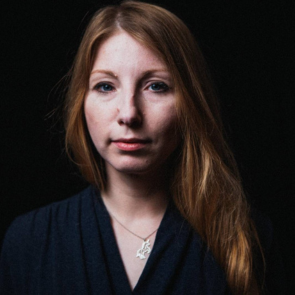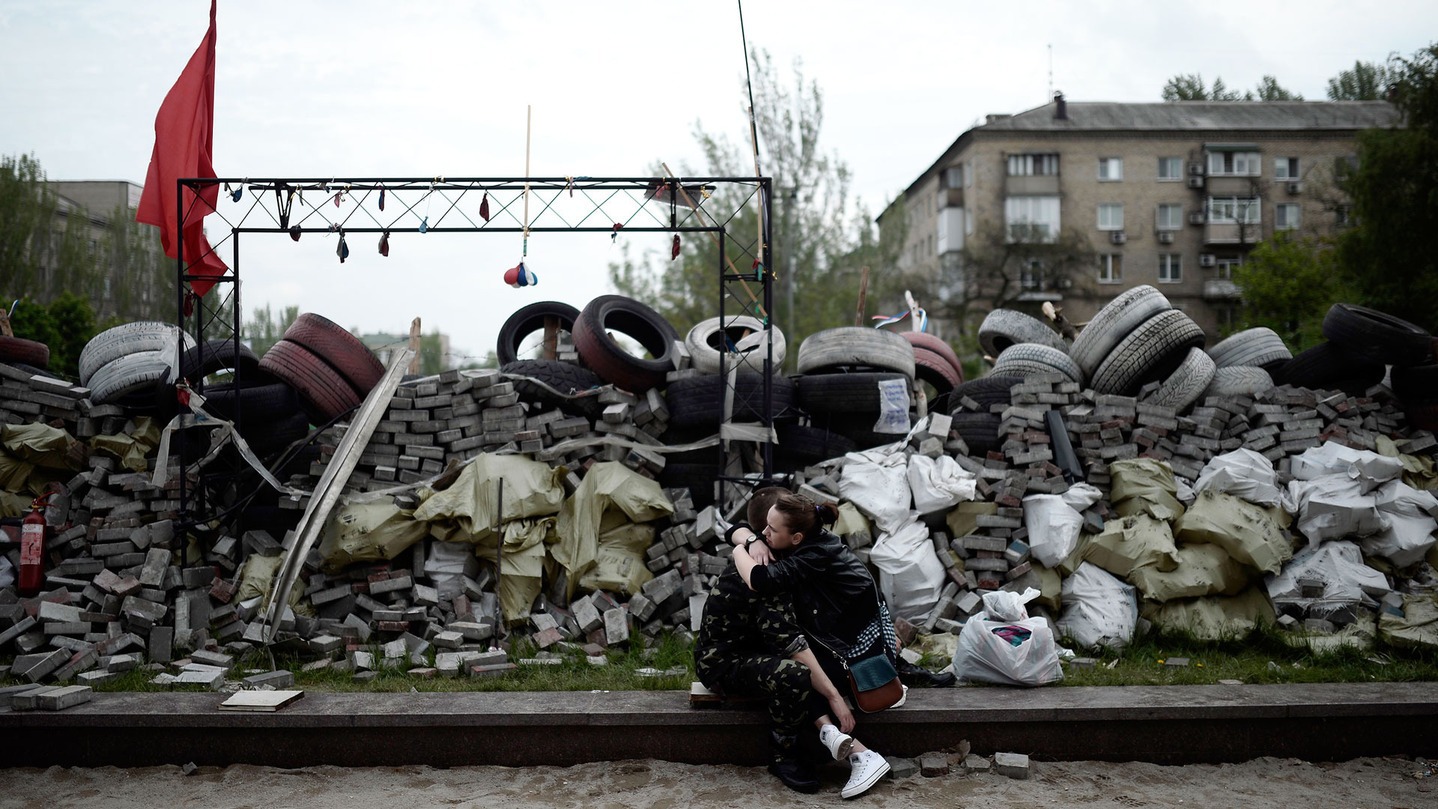
Viktoria Amelina
Viktoria Amelina was a woman human rights defender and writer. After the beginning of Russia’s full-scale invasion of Ukraine on 24 February 2022, she joined the Ukrainian human rights organisation Truth Hounds in June 2022 to document war crimes. She had been documenting Russian war crimes in the de-occupied territories of eastern, southern and northern Ukraine, and particularly the village of Kapytolivka in Kharkiv region. During one of her missions, the woman human rights defender discovered a diary of Volodymyr Vakulenko, a Ukrainian writer who was abducted and killed by the Russian military. Viktoria Amelina also carried out her non-fiction project “War and Justice Diary: Looking at Women Looking at War”, which is a research project about Ukrainian women human rights defenders who are documenting and investigating war crimes committed by the Russian military. Before joining Truth Hounds, Viktoria Amelina actively campaigned for the liberation of Oleh Sentsov, a Ukrainian film director from Crimea, who was a political prisoner of the Russian authorities from 2014 to 2019.Viktoria Amelina also won the Joseph Conrad Literature Prize for her prose works, including the novels Dom’s Dream Kingdom and Fall Syndrome, and was a finalist for the European Union Prize for Literature. In 2021, she founded the New York book festival in the Donetsk region of Ukraine, where New York refers to a village in Donetsk that is very close to the military frontline.

